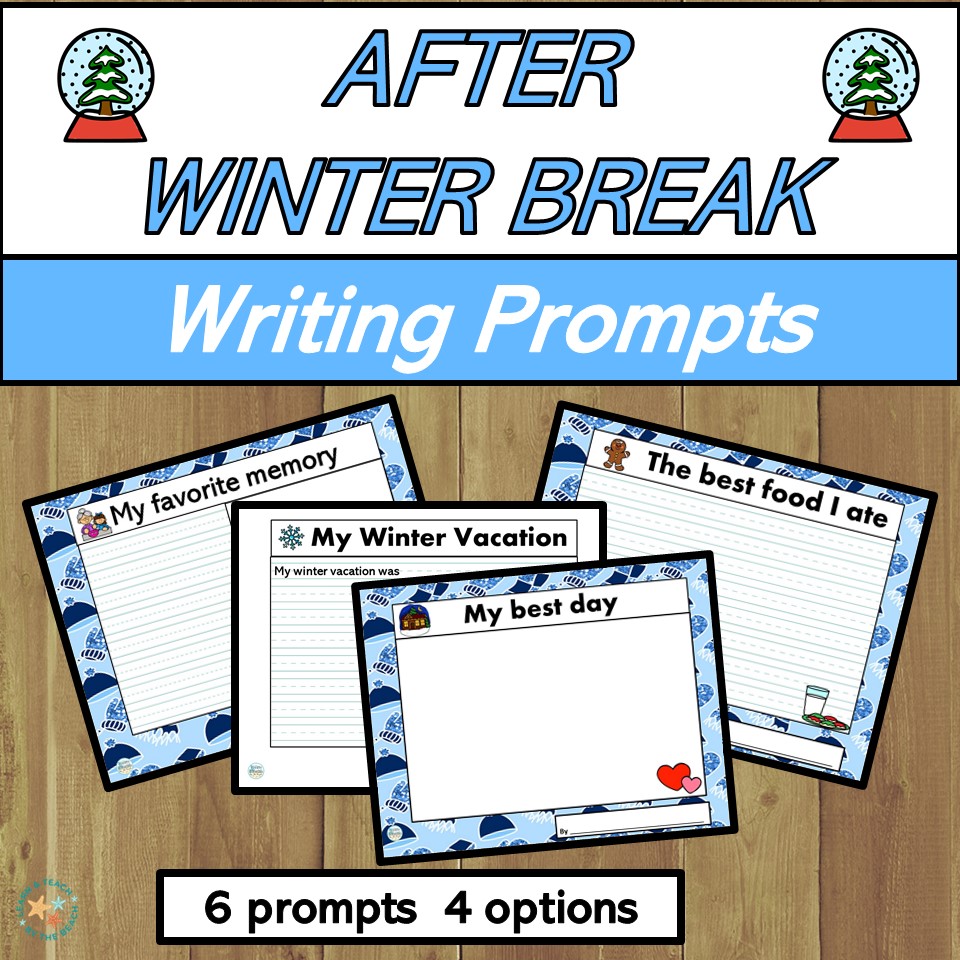What are the benefits of
would you rather questions?
Would you rather questions can be a fun and easy classroom activity for transitions, morning meeting, or a get to know you activity.
Did you know there are academic benefits?
There are 6 different critical thinking skills that students develop with would you rather questions.
⭐Observation
⭐Analysis
⭐Inferring
⭐Open-mindedness
⭐Problem-Solving
⭐Self-regulation
The Process
When presented with an open-ended would you rather question, students notice or observe the question and then predict and analyze the possible outcomes. Students can draw conclusions or infer based on their personal knowledge about the question. They can communicate their choice and then problem-solve the answer.
In addition, students can practice flexible thinking and open-mindedness as they listen to others’ opinions. This may require self-regulation as students learn how to disagree with their friends. Finally, this is a low-stress opportunity for students to practice supporting their opinion with reasons and examples.
Want some free would you rather questions?
Grab some FREE would you rather questions for kids here.
Try this example
Would you rather be a famous artist or a famous chef?
First students would think about the choices and analyze the options. (They would need to know the definition of artist and chef.)
Next, they could infer and problem solve the outcomes for either choice. What problems might they face if they were an artist or a chef? Which choice would they rather choose and why?
Then students would communicate their opinion with reasons and examples. I would rather be a chef because I could cook for my family and eat yummy food.
Want more ideas?
Read the blog posts for kid-friendly
would you rather questions and activities 👇
February Would You Rather Ideas
Back to School Would You Rather Ideas
October Would You Rather Ideas
November Would You Rather Ideas
December Would You Rather Ideas
Long term benefits of would you rather questions
When students practice observation, analysis, thoughtful problem-solving and supporting their opinion with would you rather questions, they will feel more comfortable with these skills in academic situations. So, not only do you have questions for quick transitions or a whole class activity, but students are refining their skills in an engaging and fun way!
Want some FREE would you rather questions? Click on the picture below 👇

Supporting you all the Way! 💗








